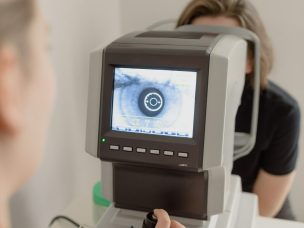Anti-VEGF intravitreal injections are used to treat wet age-related macular degeneration (AMD). This meta-analysis, published in Ophthalmic Research, examined the available research on the genetic polymorphism of ARMS2 A69S conferring susceptibility to AMD with response to anti-VEGF therapy.
Data were gathered through electronic databases and keyword searches. A total of 21 publications were selected for meta-analysis. A rigorous quality assessment of the included data was used to determine which publications were selected. Statistical analysis based on pooled odds ratios was performed to compare the frequency of ARMS2 A69S polymorphism in patients with advanced AMD.
The researchers found that the data support an association between ARMS2 A69S and anti-VEGF treatment response in advanced AMD. Moreover, they asserted that this association appears to be most significant among East Asian individuals [1].
Source:
[1] Zhang, J., Liu, Z. H., Hu, S. Q., & Qi, J. (2020). Meta-analysis of the pharmacogenetics of ARMS2 A69S polymorphism and the response to advanced age-related macular degeneration. Ophthalmic Research. https://doi.org/10.1159/000508738










